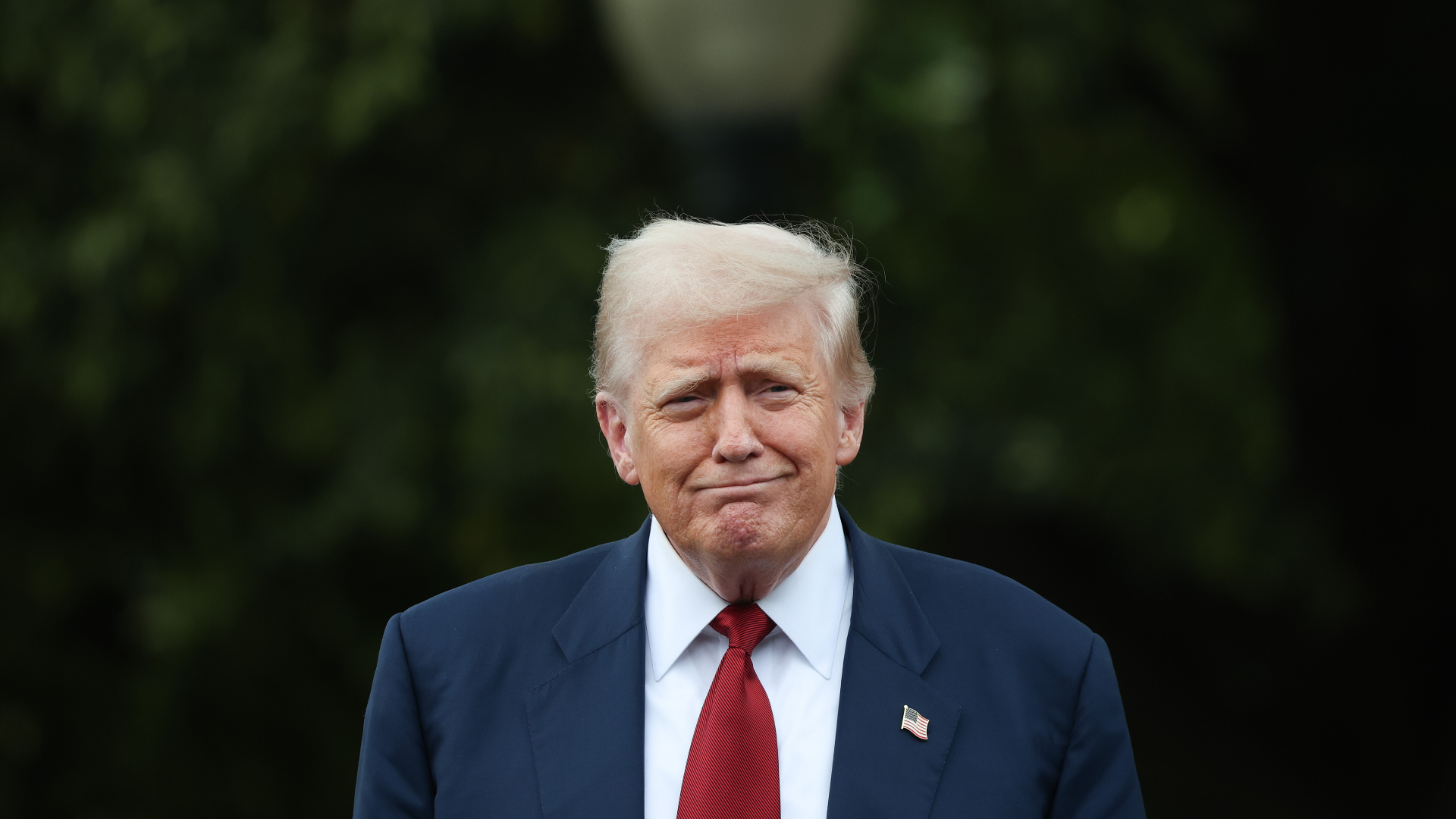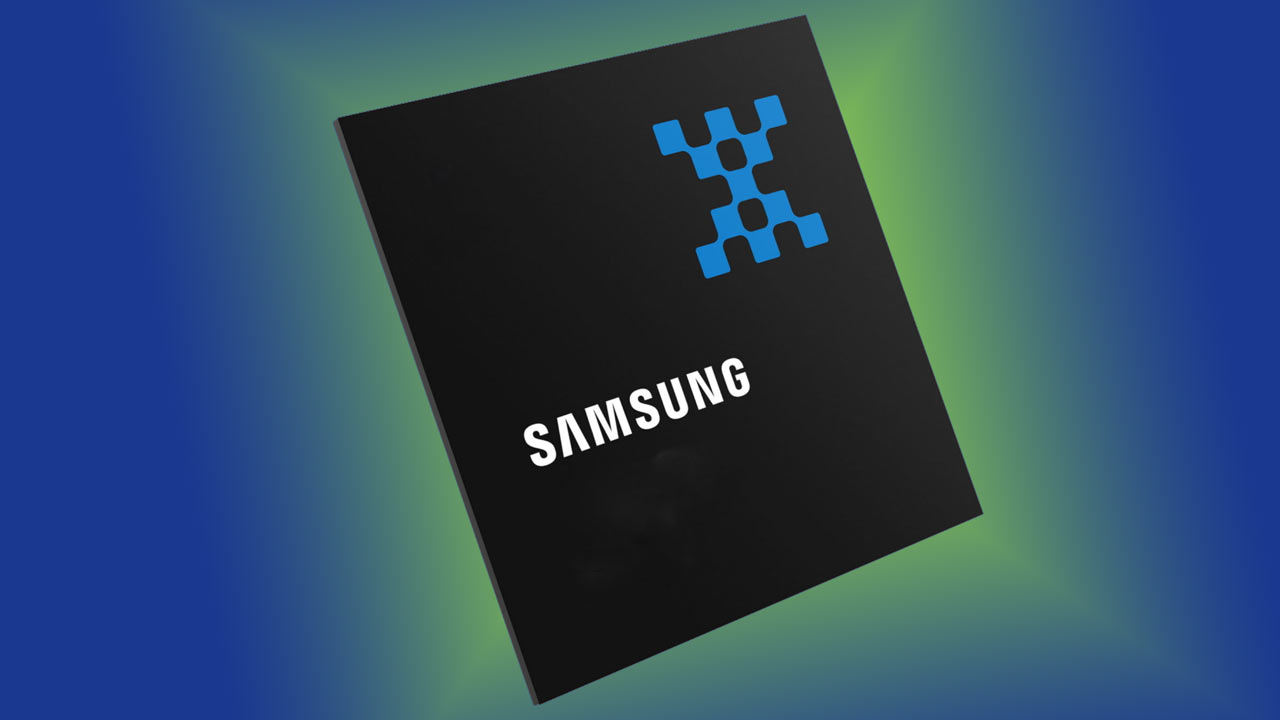Trump's 100% chip tariffs will likely hurt smaller manufacturers, as major companies court exemptions
Samsung, SK Hynix, and TSMC might be safe from steep tariffs, though smaller manufacturers may be vulnerable.

An enormous tariff on foreign made semiconductors may spur investment in the U.S., but will it impact innovation?
Following the announcement from President Donald Trump that he would seek 100% tariffs on foreign-made chips, serious concerns grew about the impact on the wide range of industries that use them. With limited information from the White House about when tariffs would come into effect or how they might be applied, stocks swung in early morning trading as companies and investors tried to make sense of changes to the global chip supply.
While some companies will be forced to sell more expensive products to American people and businesses, many of the major global chip manufacturers appear to be largely unaffected.
Trump said any company that invests in building in the United States will be exempt from the new tariffs, immediately ruling out the largest advanced chip manufacturer in the world: TSMC. Earlier this year, the company announced a $165 billion investment into U.S. fabs and infrastructure. This included plans to build large quantities of its cutting-edge 2nm wafers in the U.S.
Taiwan has acknowledged that some of its smaller chip manufacturers may be affected by tariffs, but it is confident TSMC won't be. Taiwan's National Development Council chief, Liu Chin-Ching, said in a statement to parliament on Thursday that “because Taiwan’s main exporter is TSMC, which has factories in the United States, TSMC is exempt."
South Korea's Samsung already has two chip fabrication facilities in Texas, and recently secured a contract to produce most of the chips for Tesla's next-generation vehicles. The Apple American Manufacturing Program also includes Samsung, where the company will "launch an innovative new technology for making chips" at its Austin-based fab. This ensures its plants will have all the customers required to maintain production for some time to come.
SK hynix received a grant worth nearly half a billion dollars at the end of 2024 as part of the Biden administration's CHIPS Act to build a new facility in Indiana. Both South Korean companies are not expected to be impacted by the forthcoming 100% tariff, said South Korean Deputy Minister of Trade, Industry and Technology Yeo Han-Koo in a parliamentary session.

Nvidia has been the poster child of infrastructure buildout in recent months, investing hundreds of billions around the world, and $500 billion in the U.S., although it is caught in the middle of U.S. and Chinese trade negotiations.
GlobalFoundries is already headquartered in the U.S., with fabrication facilities in New York and Vermont, so these tariffs don't apply to it. GlobalFoundries CEO Thomas Caulfield said in March that he believed any such tariffs would ultimately help US-based chip manufacturers, like his company.
Meanwhile, the EU claims that it won't be hit by the tariff proposal. Following recent trade negotiations, EU tariffs on semiconductors and chips will be capped at 15%, the same as any other products coming out of the bloc.
This is positive for EU chip companies like ASML, ASMI, Infineon, and STMicroelectronics, the latter of which saw limited stock losses quickly rebound when it became clear it would dodge the 100% rate. That will also be good news for major U.S. tech companies Tesla and Apple, which both use STMicroelectronics as a supplier.
While major chip manufacturers around the world will seemingly dodge the Trump administration's tariff proposals, some countries and companies are potentially at risk. Smaller Taiwanese chip manufacturers could be affected, as well as companies based in Malaysia and the Philippines.
Japanese chipmakers such as Rapidus may also be impacted by the proposals. However, it's understood that the country is attempting to reach a deal similar to Europe's, vying for a 15% tariff rate.
While many larger chipmakers with fabs and investments on U.S. soil may dodge the proposed 100% semiconductor tariff, there's still uncertainty over whether the proposals will be enacted, or when. Until then, countries with local chipmaking capabilities will almost certainly attempt to come to a trade deal with the U.S. to attempt to blunt whatever increased costs might be incurred.
Follow Tom's Hardware on Google News to get our up-to-date news, analysis, and reviews in your feeds. Make sure to click the Follow button.

Jon Martindale is a contributing writer for Tom's Hardware. For the past 20 years, he's been writing about PC components, emerging technologies, and the latest software advances. His deep and broad journalistic experience gives him unique insights into the most exciting technology trends of today and tomorrow.
